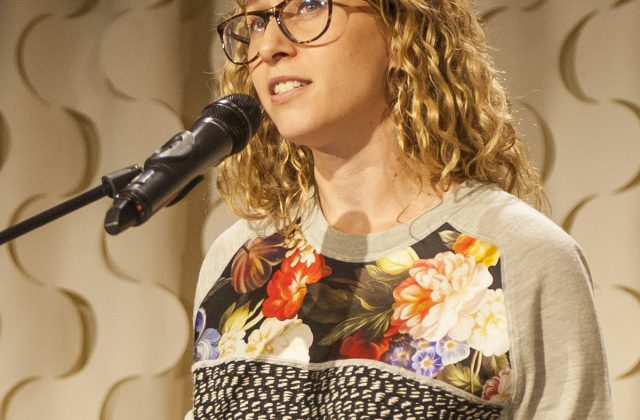Personalia
Marisa Anne Bass. Born in the USA, in 1981. Ph.D. from Harvard University. Associate Professor of the History of Art & Archaeology at Yale University.
Fellow (Feb – June 2017)
From Caterpillars to Chameleons: Natural and Human History during the Dutch Revolt
Research Question
Before the advent of modern science, what did it mean to pursue the study of the natural world? During the Renaissance, animals, plants, and insects were still largely understood as manifestations of divine creation. At the time when natural history was anything but purely empirical, what motivated artists and scholars to engage in the encyclopedic cataloguing of species?
Project Description
The impulse to understand mankind through the lens of the natural world recurs throughout human history. This project tells the story of how the Renaissance artist Joris Hoefnagel, responding to the turbulent Dutch Revolt in the Netherlands, created a vast visual encyclopedia of nature as a means to understand the human and divine forces in the conflict surrounding him. In his hometown of Antwerp, Hoefnagel witnessed firsthand the violence of war and the restrictive pressures the Spanish inquisition, which impacted his own friends and family. In endeavoring to process his experience, Hoefnagel turned to the depiction of nature’s transformations, the life cycles of animals and insects, as a concealed medium through to explore true faith and wisdom, and to regain a hope of salvation.
Selected Publications
Insect Artifice: Nature and Art in the Dutch Revolt (Princeton, NJ: Princeton University Press, 2019)
Jan Gossart and the Invention of Netherlandish Antiquity (Princeton, NJ: Princeton University Press, 2016)
Beyond Bosch: The Afterlife of a Renaissance Master in Print (St. Louis: St. Louis Art Museum, 2015), co-authored with Elizabeth Wyckoff
